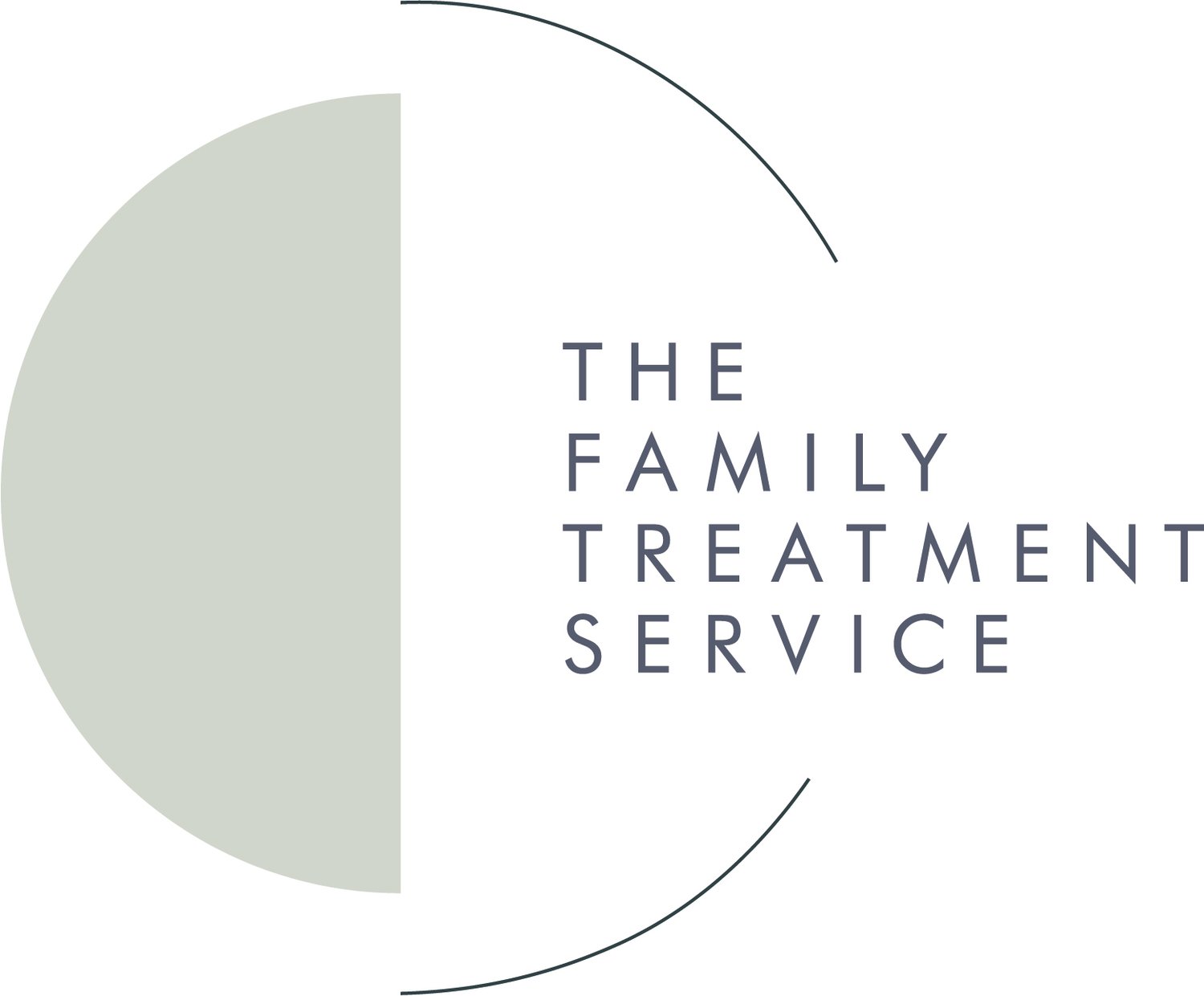Self Harm
What is Self-Harm?
Self-harm is the deliberate act of somebody intentionally damaging or injuring their body. This may be triggered by difficult experiences, either currently happening or that have occurred in the past.
Underlying causes are thought to involve a build-up of emotional distress stressors such as bullying, school pressure, family conflict, low self-esteem, anxiety, depression, identity struggles, grief, abuse, discrimination, or neurodevelopmental challenges.
This context differs for each individual, may shift over time, and in some cases, the cause might not be clear at all.
Why young people may self harm
Young people self-harm primarily as a way to cope with overwhelming emotional pain and distress when they lack other coping mechanisms. Specific reasons may include:
To achieve a sense of control when feeling overwhelmed
To regulate and manage intense emotions, thoughts and conflict in relationships
Self punishment to alleviate or express feelings of guilt, self hatred, or to protect others from intense feelings such as anger.
Expressing and relieving emotional distress
A communication about distress and need for support and understanding
A response to intrusive, overwhelming, unwanted thoughts
How we can help
It's important to know that support is available for anyone who self-harms or thinks about self-harm, as well as their friends and family.
At The Family Treatment Service we offer a clinical triage service, starting with a free 15 minute call to discuss your concerns, signposting you and your child to tailored support and treatment.
We also offer parent only sessions, led by our specialist self harm clinician Stephen McCluskey, a highly experienced mental health nurse who has spent the last 30 years working within Child and Adolescent Mental Health services (CAMHS) and the National Self Harm Service.
FIND OUT MORE about sessions for parents of young people self harming
Emergency Support for Self Harm
In case of psychiatric emergency.
Monday to Friday (9am-5pm) - please contact your GP.
Or present to nearest A&E department if outside of office hours.
In case of immediate risk of physical harm:
In certain situations, high levels of physical violence to others or to self may mean that keeping both the family and the young person safe is appropriately done by calling the police. In these sorts of emergencies, please telephone 999.
How to See Us
-

Get In Touch
Fill in our registration form to give us an understanding of how we can help. Alternatively book in a free 15 minute call with a clinician who can go through the questions with you.
-

Personalised Advice
We provide tailored recommendations designed to provide effective results, with clear expected timescales and costs.
-

Begin Your Treatment
Start your care with expert led and evidence-based treatment.
Our Wimbledon Clinics



















The Family Treatment Service is proud to be registered with the Care Quality Commission (CQC), demonstrating its commitment to providing safe, effective, accountable, and high-quality care.



